Podcast
Liberalism vs Realism with Matt Johnson: Quillette Cetera Episode 37
The future of liberal democracies, populism, and what Mearsheimer and realists get wrong about Israel and Russia.
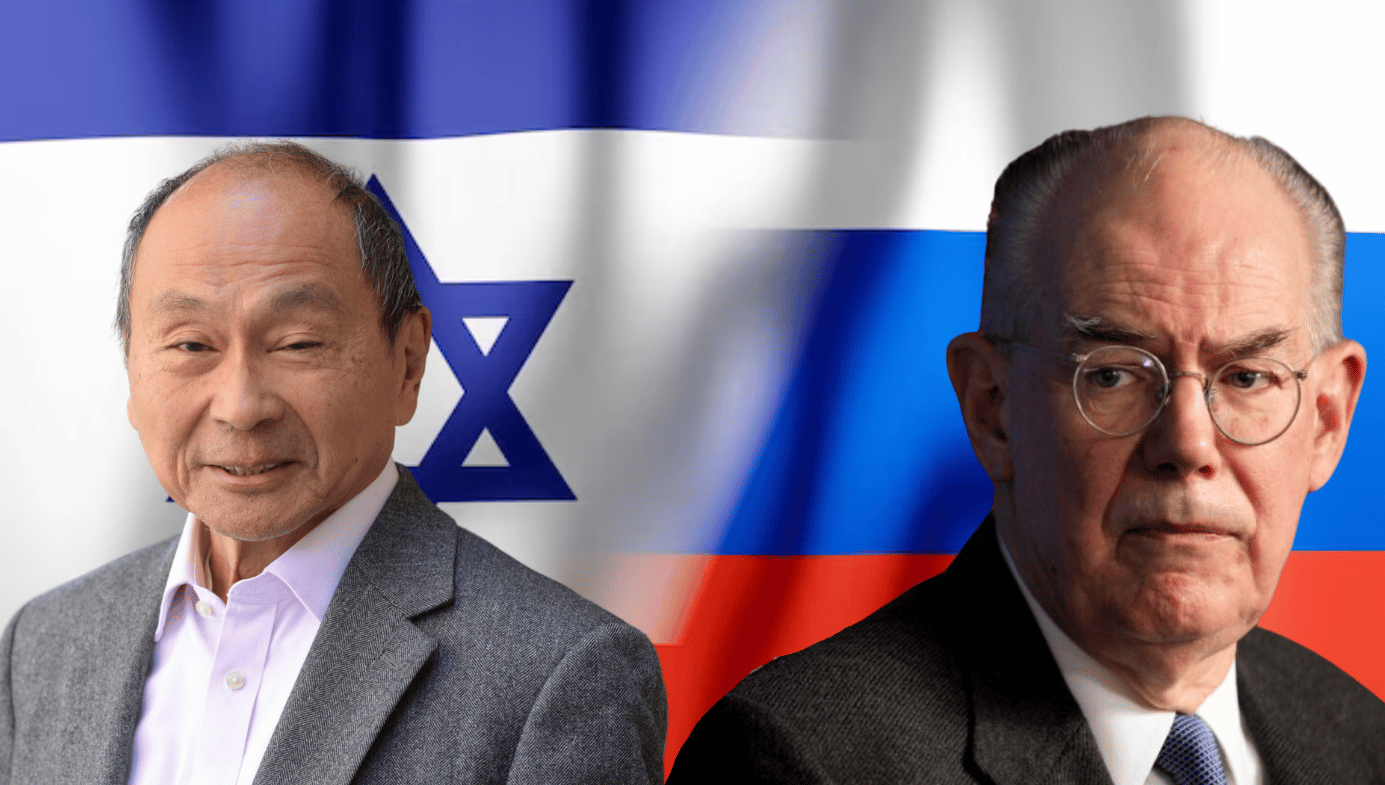
This conversation covers two main topics.
First, we discuss “New Theism,” a movement popularised by Tom Holland and his book Dominion. Proponents of New Theism argue that even the most devout Western atheists, such as Richard Dawkins, are culturally Christian, and that religion, including Christianity, plays a crucial role in promoting social cohesion, individual happiness, and other social benefits. They suggest that, although religious beliefs might not be empirically true, they have historically contributed to the success of Western civilisation and can still serve valuable societal functions.
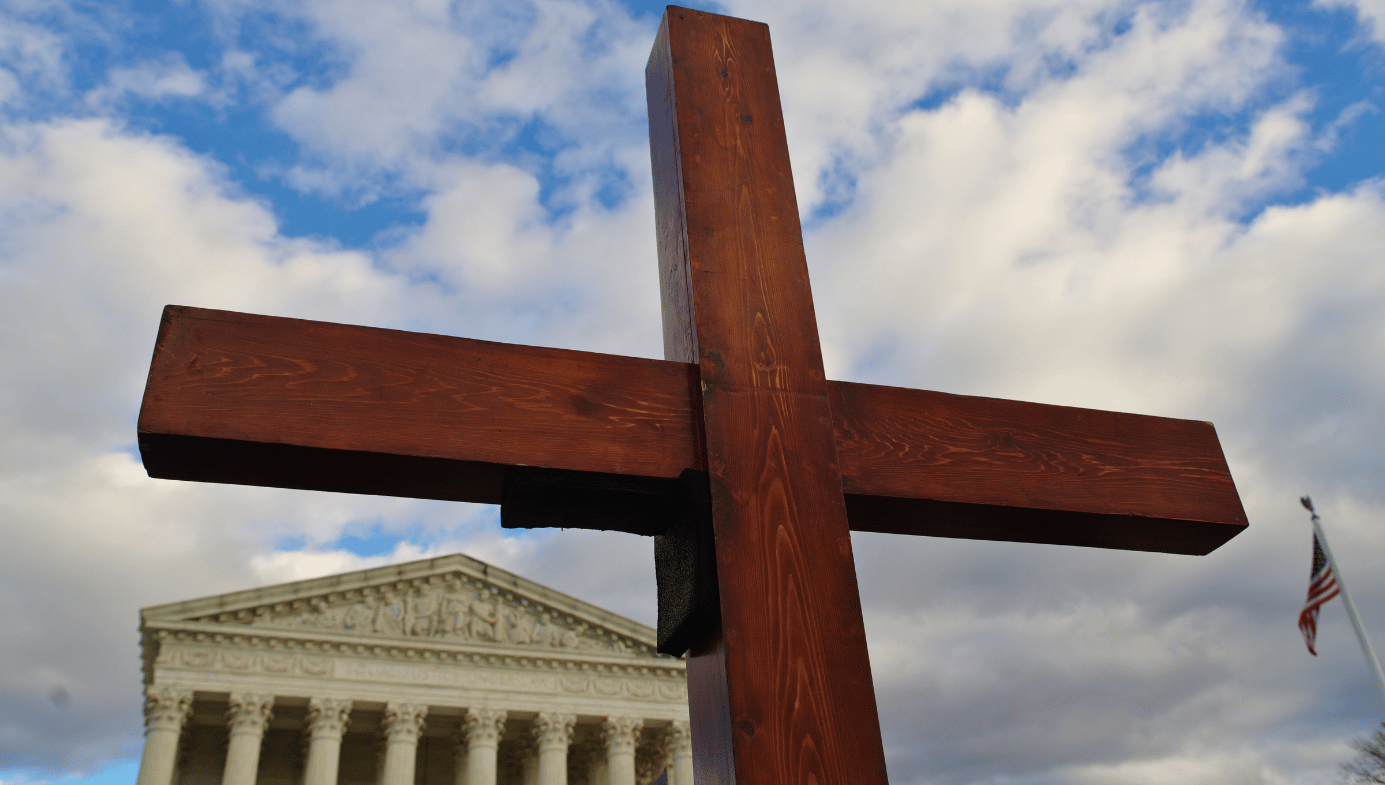
The second half of the conversation critiques political realism in international relations, particularly the work of the popular realist John Mearsheimer and his tacit approval of Putin’s invasion of Ukraine and the Islamic world’s hostility towards Israel. While Mearsheimer argues that there’s something sinister behind the strength of the “Israel Lobby,” Matt Johnson contends that much of Israel’s support in the US is organic.
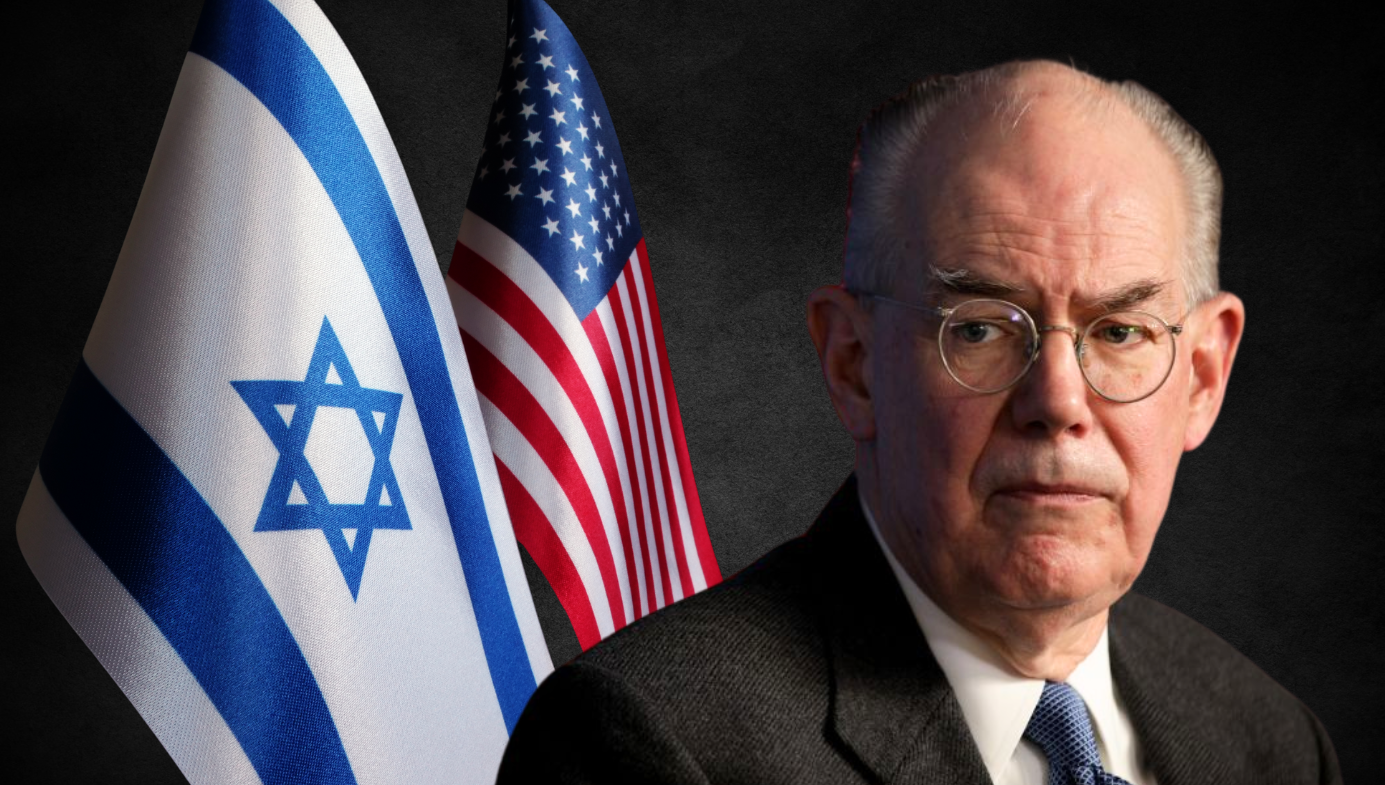
You can watch the podcast here:
Or you can listen to the podcast here. It’s also available wherever you listen to podcasts, including Apple, Spotify, and Google Podcasts.
You can also read an edited transcript of the podcast below.
Zoe Booth: Let's start with your most recent essay on liberalism and the West's crisis of meaning. Is the West going through a crisis of meaning?
Matt Johnson: Well a lot of people insist that we are and this has become a sort of obsession of mine lately.
So there's this phenomenon that the journalist Ed West called the New Theists or New Theism. It's this assertion that even if you don't believe in the divinity of Christ or the Jewish god, Judeo-Christian civilization is still utterly dependent upon these myths and history, and if we don't recommit to them in some sense then we'll just be batted about by the whims of postmodernism and identity politics and will fill the original faiths with these surrogate faiths like political radicalism.
So, there's this insistence among a growing subset of intellectuals and their followers that without the Judeo-Christian tradition we will be adrift in a sea of meaninglessness.
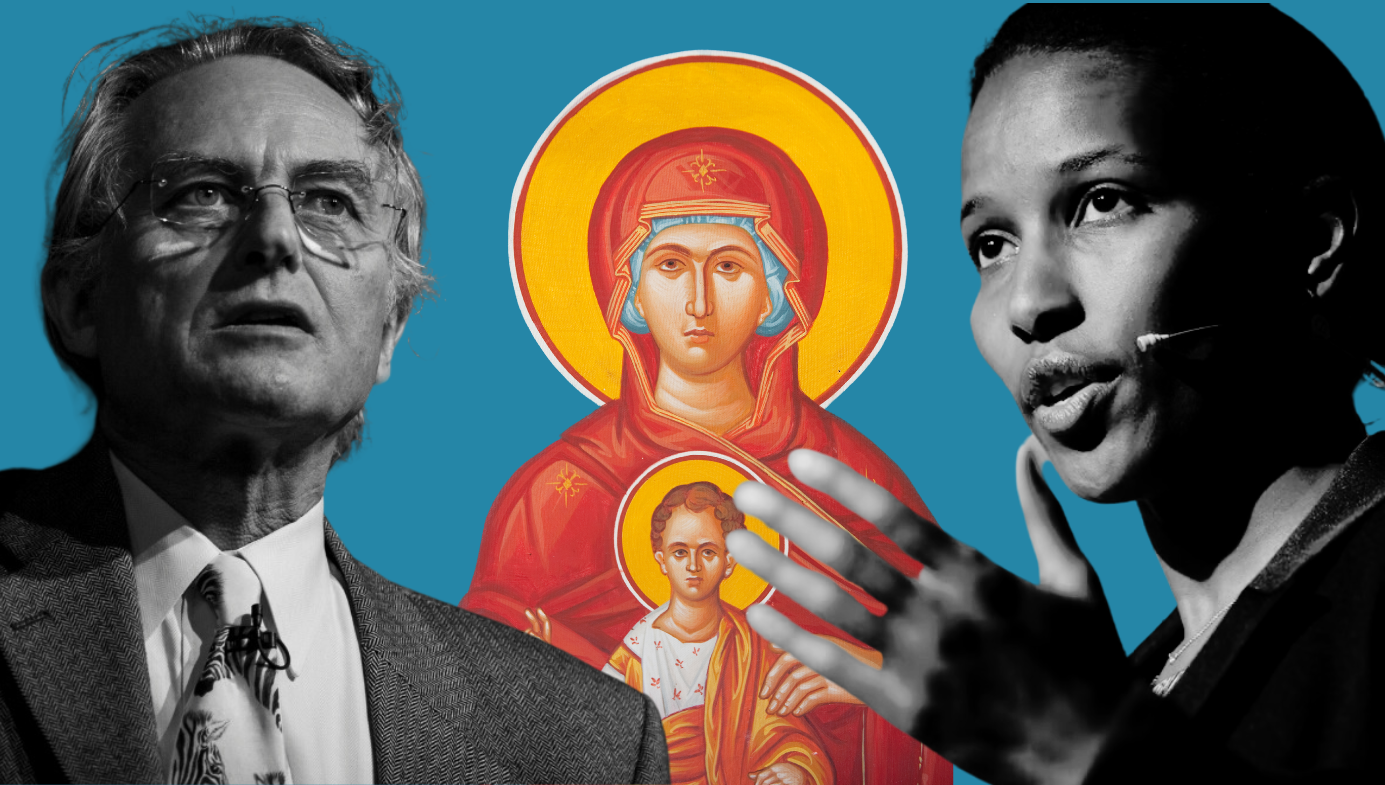
I've never bought that. As somebody who hasn't been a believer for a very long time, I find it easy to find sources of meaning in my life. My friends and family are quite a powerful source of meaning and so is the work that I do. It's kind of insulting to assume that the people who don't believe have absolutely no source of meaning or purpose.
I don't think the New Theists have a very fair appreciation of the history of Enlightenment thought and secular challenges to religion and how those challenges are so fundamental to the liberal societies that we have today.
I'm more than happy to admit that the existence of a transcendental religion, Christianity primarily in Europe, played a major role in the development of the rule of law and lots of our institutions. I think that's just historically obvious, but at the same time the New Theists then turn around and say secular humanism is just another product of Christianity and doesn't deserve credit as an independent variable in the development of these societies. That to me is just sort of stacking the deck. You're basically just saying that every good thing we have is ultimately due to religious faith.
ZB: There are many liberal countries that don't have a Christian background.
MJ: You could certainly say Japan and South Korea are both liberal countries without a Christian background. I think they are a decent argument against the claim that Christian tradition is so fundamental to the institutions that we enjoy today. Japan was remarkably effective at just grafting liberal ideas and institutions onto existing social and cultural structures which shows that those ideas and institutions are really more protean than we might have assumed.
ZB: Where does immigration fit into liberal democracies? Germany, I believe, has introduced a requirement that all new migrants must at least on paper acknowledge that Israel has a right to exist.
MJ: This is obviously one of the biggest sources of political instability in liberal democracies. You just have to look at the rise of Trumpism and if you look at Biden's most recent immigration policy it's much more restrictive than anything a Democrat has done in a very long time. Biden recognizes that the political winds have shifted pretty hard against, not unrestricted immigration because we've never really had unrestricted immigration, but less restricted immigration. You can certainly argue that it was a driving force in the Brexit vote and lots of other political upheavals in Europe and the United States.

ZB: Didn’t the US have unrestricted migration across the border with Mexico?
MJ: It's a very heavily fortified border. A lot of people do get in semi-legally and overstay their Visas. I think the United States has something like 13 million undocumented immigrants. That's why the central compromise has always been the Democrats get a path to citizenship for the vast majority of those people, barring violent felons and other subcategories, and the Republicans get really strong border security.
ZB: Where would you draw lines in what immigrants you allow into a country? For example, what Germany's done in making new migrants acknowledge that they adhere to certain ideological beliefs.
MJ: There's something about that test that strikes me as odd. It seems like such a low bar to clear, saying that the existence of Israel is acceptable.
You certainly have to have assimilation to a certain extent if you want immigration to function in your society. This is a problem that France faces, much more so than the United States, when it comes to their Muslim population. Muslims are a very large proportion of France, I think it's something like 8% or 9%, and there are these parallel communities which have values that are in many cases antithetical to traditional French values. In the United States, Muslims are more integrated and this is less of a problem, but it's a good test case. In France, Muslim integration is this endless source of political instability and in the United States it's just an issue that xenophobic politicians like Trump can take and frighten people with, and sometimes you have something like these ridiculous bills in Oklahoma saying we will not submit to Sharia law as if somebody is pushing for Sharia law seriously in Oklahoma.
Assimilation is important. I'm living in Switzerland now and I'm trying desperately to learn German. I don't begrudge anybody here for expecting me to learn German. I don't begrudge my wife's family for expecting me to learn German. It makes perfect sense to me so I will.
ZB: My fear is that you get such a such an amount of people who, whether that's through immigration or other ideologies brewing at home, don't want a liberal society and they vote in leaders who do change the law.
MJ: This is actually a long-standing obsession of mine. I feel like the citizens of liberal democracies don't know what they have. I feel like we've entered this decadent age of our politics where people are constantly trying to overturn the apple cart and they're really searching for radical ideological solutions to problems that actually don't exist.
If you look at liberal societies in the context of the broad sweep of human history, the level of prosperity and democracy we've achieved is really extraordinary. People look at modern-day Europe and the fact that France and Germany going to war with one another is inconceivable. They take that for granted as if that's a historical fact and France and Germany have had perfectly tranquil relations since the dawn of time.
How do we not appreciate what we have here? In the United States, Michael Anton wrote this article called “The Flight 93 Election” where he was saying we have to rush the cockpit or we all die and that means voting for Trump, and I just thought “What planet do you live on? What United States do you do you live?” Tucker Carlson when he was on Fox, every single segment was about this wave of crime consuming the country.
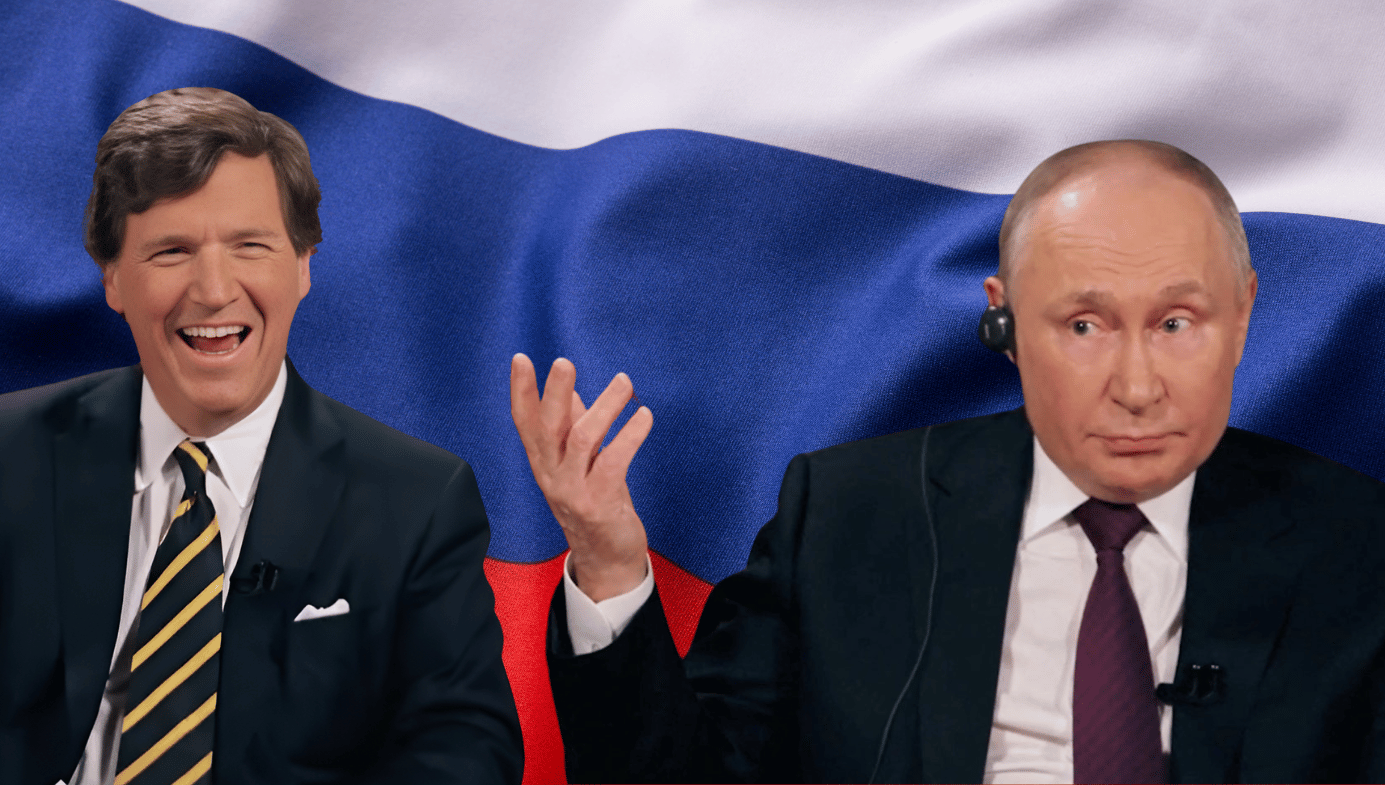
This endless fearmongering just seems ahistorical to me. The United States certainly has its problems. It has a disproportionately high murder rate and a lot of other really ugly features, but at the same time during the Cold War I think our per-capita GDP was never less than three times higher than the Soviet Union’s. The United States has nearly a 30 trillion-dollar economy. Our unemployment rate is hovering around 4% which is really quite extraordinary. It was under 4% for two years. This isn't a country that's in decline or on the on a precipice but that's what you’d believe if you watch a lot of American media.
ZB: Tell us about John Mearsheimer, Stephen Walt and the Israel lobby.
MJ: Mearsheimer and Walt are both realists. Realism is a school of thought and international relations which holds basically that state relationships are dictated by mechanical forces and it's all down to the distribution of power in the international system and states are constantly vying to maximize their relative power in their regions. It basically means that we should pursue an amoral foreign policy that just seeks to find the right balance between different states. Mearsheimer actually calls this the billiard ball theory of international relations. It's just these mindless forces smashing up against one another.
This theory obviously discounts the role of internal characteristics of states, like individual political cultures, individual histories, the ideologies and personalities of leaders, all of the things that make a state behave like it behaves.
This is just an insane view. Hitler would not have attempted to establish a German Empire in Europe if he didn't believe in the racial superiority of Germans. His beliefs led him to behave like he did. It’s the most obvious denial of reality to say that beliefs and ideologies don't dictate behaviour on the international stage, especially in one-party states.
The Israel lobby conflicts with Mearsheimer’s and Walt’s realist thesis. In the case of the United States relationship with Israel, they believe that we had fairly good strategic reasons for supporting Israel during the Cold War. Israel resisted these Arab dictatorships that were supported by the Soviet Union and kept winning wars against these dictatorships and that was very frustrating for the Soviet Union because they had to keep dumping resources into those dictatorships. Even Henry Kissinger at the time, who's this arch realist practitioner, thought that the relationship with Israel was probably worth it and it was giving the United States more than it was taking from the United States.
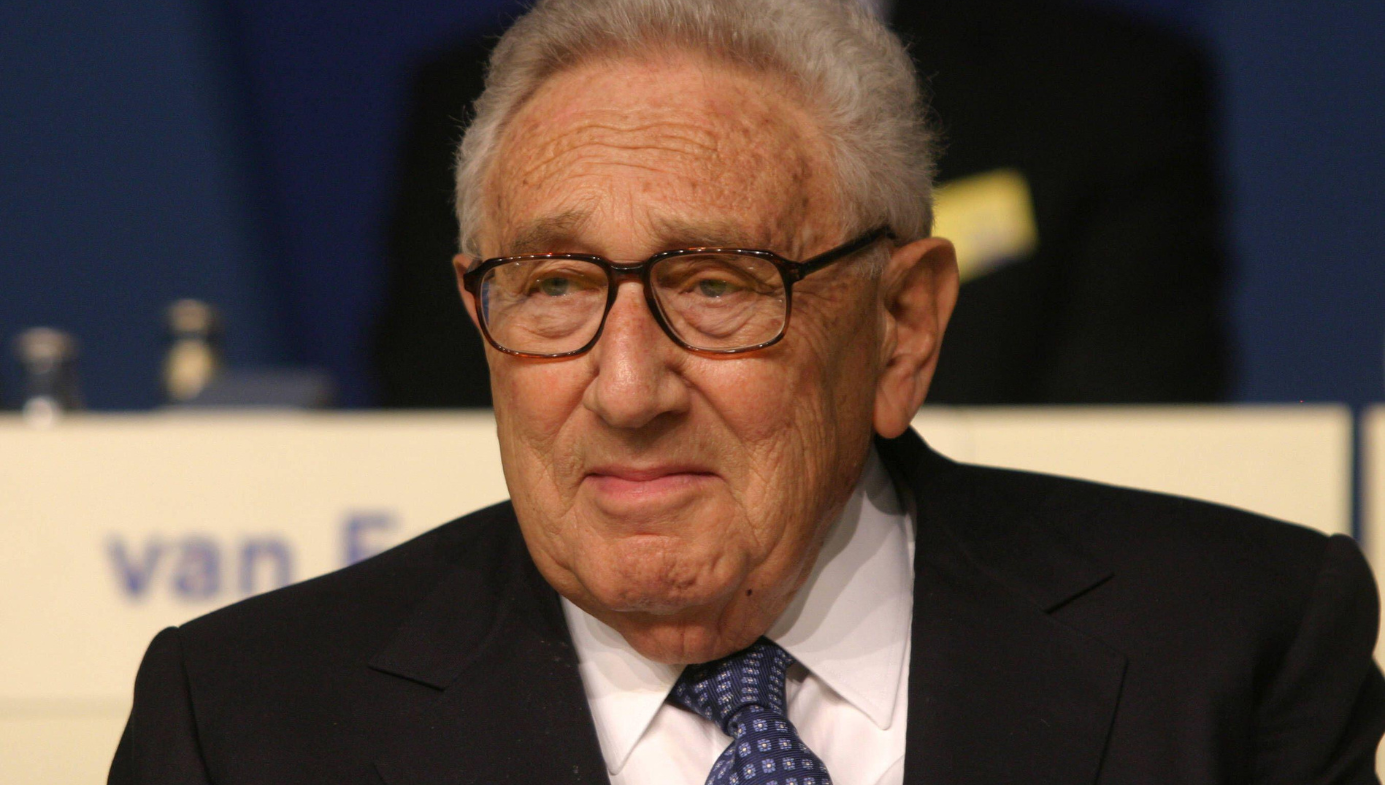
Mearsheimer and Walt believe that after the Cold War ended this strategic rationale for the relationship ended, but support for Israel has not ended. Israel is always ranked at the very top of the list of countries receiving military aid from the US and Americans remain very committed to Israeli security. This kind of flies in the face of realist logic. So they had to come up with a theory as to why this was happening. Their theory is that the Israel lobby in the United States, which is comprised of organizations like AIPAC, has pulled the wool over American voters’ and citizens’ eyes and convinced us that Israel deserves support when it doesn’t deserve support. Mearsheimer and Walt run through the strategic reasons why Israel doesn't deserve support and the moral reasons why it doesn't.
That's the basic thrust of their argument and I wrote an essay for Quillette pointing out that there are some very fundamental flaws in that argument and the main flaw is that Americans just genuinely support Israel for pretty good reasons. In 1963, John F. Kennedy tells Golda Meir that the relationship between the United States and Israel is really special. It's like the relationship between the United States and Britain.
ZB: I don't fully understand this concept of balancing of powers. For Mearsheimer and Walt, what is a good balance of powers?
MJ: This is another example of why realist logic can be quite sinister. Walt has cited, in his book The Hell of Good Intentions, the United States’ support for Iraq during the Iran-Iraq as a perfect example of realist logic because you didn't want Iran to become the regional heavyweight. But that support means we're going to perpetuate this pointless attrition war that's killing hundreds of thousands of people, we're going to support a genocidal dictator and we're also ensuring that the Iranians hate us even more than they already did. It’s an example of realist amorality or immorality.
ZB: How does that follow onto Ukraine and Russia?
MJ: In the realist paradigm, Russia has much more to lose than the United States so Russia is going to fight to the last. That's basically their argument and that's a perfectly defensible argument, but they're also saying that no matter how much money we funnel into Ukraine, Russia is in it for the long haul and we need to pressure the Ukrainians to get to the negotiating table immediately and cede the territory that's already been taken and just end this as quickly as possible. That realist logic wouldn't dictate that we should support Ukraine for any reason like defending their democracy from a bloodthirsty imperialist dictator.
ZB: Realists sound like they don't believe that we have any allies or enemies.
MJ: That's actually a good way to put it.






